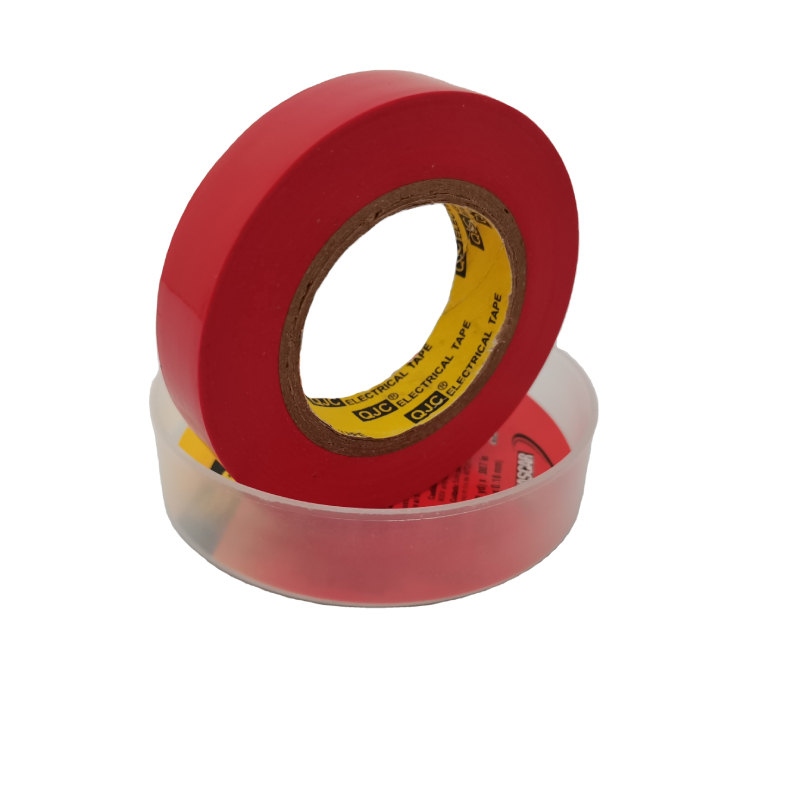The Benefits and Applications of Butyl Rubber Windshield Sealant
In today’s automotive industry, the importance of utilizing high-quality materials for vehicle assembly cannot be overstated. One such material that has gained significant attention is butyl rubber, especially in the context of windshield sealant. This specialized form of sealant plays a crucial role in ensuring the structural integrity and safety of vehicles. In this article, we will explore the characteristics of butyl rubber windshield sealant, its benefits, and its various applications.
What is Butyl Rubber?
Butyl rubber, a synthetic rubber, is produced through the polymerization of isobutylene and a small amount of isoprene. It possesses unique properties, including excellent impermeability to gases, outstanding weather resistance, and high elasticity. These characteristics make butyl rubber particularly suitable for a variety of applications, from tires to insulation. However, its most significant application lies in automotive sealants, particularly for windshields.
Importance of Windshield Sealant
The windshield is not just a transparent barrier that shields occupants from wind and debris. It also plays a vital role in the structural integrity of the vehicle. A properly sealed windshield can prevent water leaks, reduce wind noise, and enhance the overall safety of the vehicle. In the event of a collision, a well-sealed windshield helps to maintain the vehicle's structural integrity, supporting the roof and preventing it from collapsing.
Benefits of Butyl Rubber Windshield Sealant
1. Weather Resistance One of the standout features of butyl rubber is its exceptional resistance to weathering. It can withstand extreme temperatures, UV exposure, and harsh environmental conditions without degrading. This durability ensures that the sealant remains effective over time, protecting the windshield from leaks and the elements.
2. Elasticity and Flexibility Butyl rubber possesses outstanding elasticity, allowing it to stretch without breaking. This property is critical for accommodating the natural movements of the vehicle as it drives over bumps and through various terrains. The flexibility of butyl rubber ensures that the seal remains intact, providing a long-lasting bond between the windshield and the frame.
butyl rubber windshield sealant

3. Adhesion Properties Butyl rubber offers superior adhesion to glass and automotive substrates. This strong bond prevents moisture ingress and keeps the windshield securely in place, reducing the risk of accidents caused by windshield detachment during a collision.
4. Sound Dampening Another benefit of butyl rubber sealant is its ability to dampen sound. By creating a tight seal around the windshield, butyl rubber helps to minimize wind noise and vibrations, contributing to a quieter ride for passengers.
5. Ease of Application Butyl rubber sealants are easy to apply and come in various forms, including caulks, tapes, and adhesive strips. This versatility allows manufacturers and DIY enthusiasts alike to utilize butyl rubber for a range of automotive and construction purposes.
Applications in the Automotive Industry
Butyl rubber windshield sealant is widely used in the automotive sector not only for windshield installation but also for rear and side window applications. Beyond automotive glass, butyl rubber can be employed in other areas, such as sealing body panels, headlights, and taillights, due to its excellent adhesion and weather resistance.
In additional sectors, butyl rubber sealants find applications in marine, aerospace, and construction industries. Their waterproof properties make them ideal for sealing various components and structures, ensuring longevity and performance across many fields.
Conclusion
Butyl rubber windshield sealant is an indispensable component in modern vehicle manufacturing. Its unique properties, including weather resistance, elasticity, and strong adhesion, make it a preferred choice for ensuring the long-term durability and safety of windshields. As the automotive industry continues to evolve, the demand for reliable materials like butyl rubber will undoubtedly grow, reaffirming its status as a critical element in vehicle design and manufacturing. Whether you are a manufacturer or a DIY enthusiast, understanding and utilizing butyl rubber sealants can lead to improved outcomes and enhanced vehicle performance.
-
XIANGFAN Rubber Tape-Ultimate Solutions for All Your Insulation NeedsNewsJun.24,2025
-
XIANGFAN Rubber Tape-Protection for Industrial and Residential ApplicationsNewsJun.24,2025
-
XIANGFAN Rubber Tape: Superior Safety and Sealing for Demanding EnvironmentsNewsJun.24,2025
-
XIANGFAN Rubber Tape: Reliable Solutions for Every Electrical ChallengeNewsJun.24,2025
-
XIANGFAN Electrical & Industrial Tape: Powering Reliability Across IndustriesNewsJun.24,2025
-
XIANGFAN Electrical & Industrial Tape: Excellence in Every ApplicationNewsJun.24,2025
